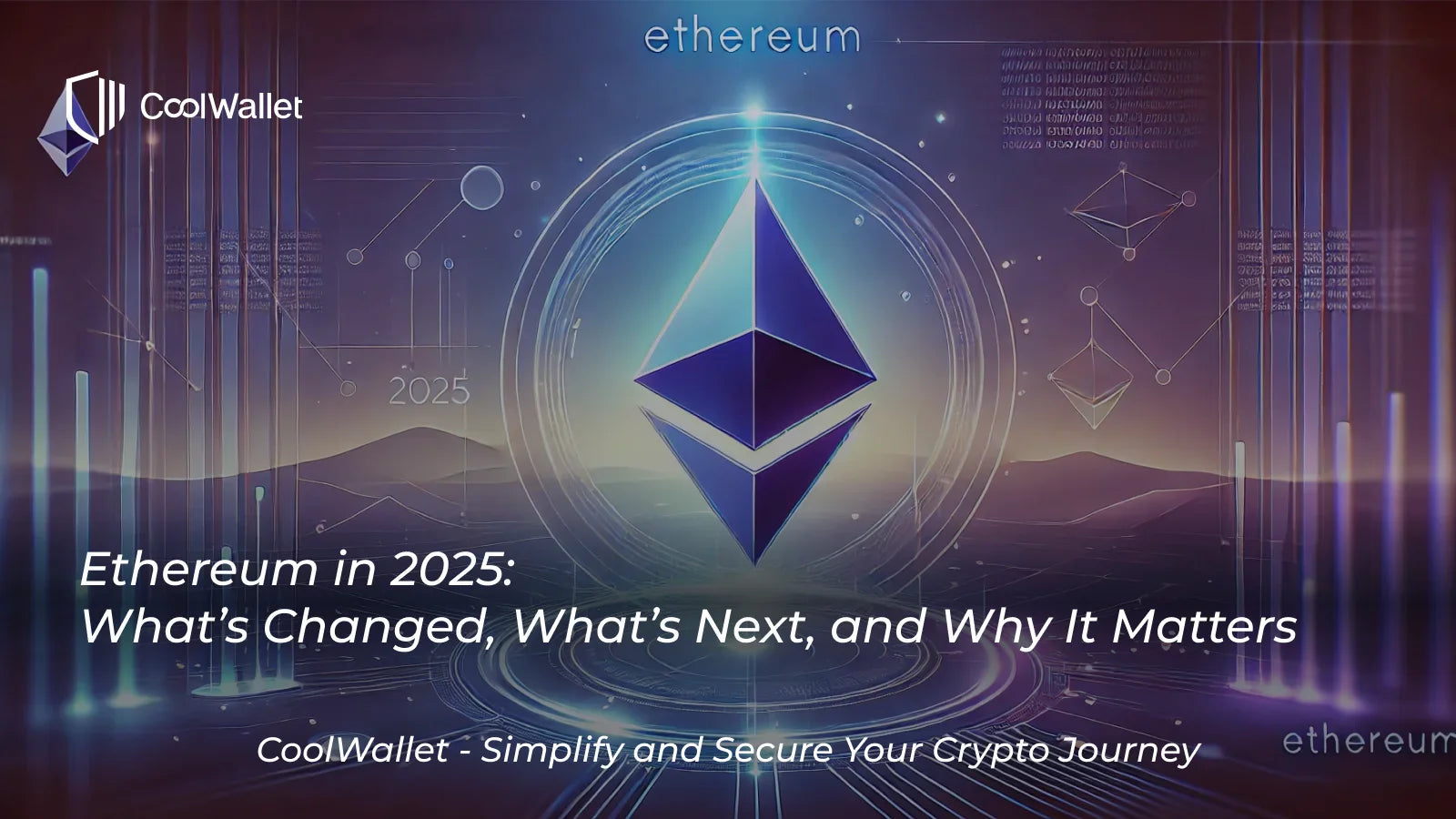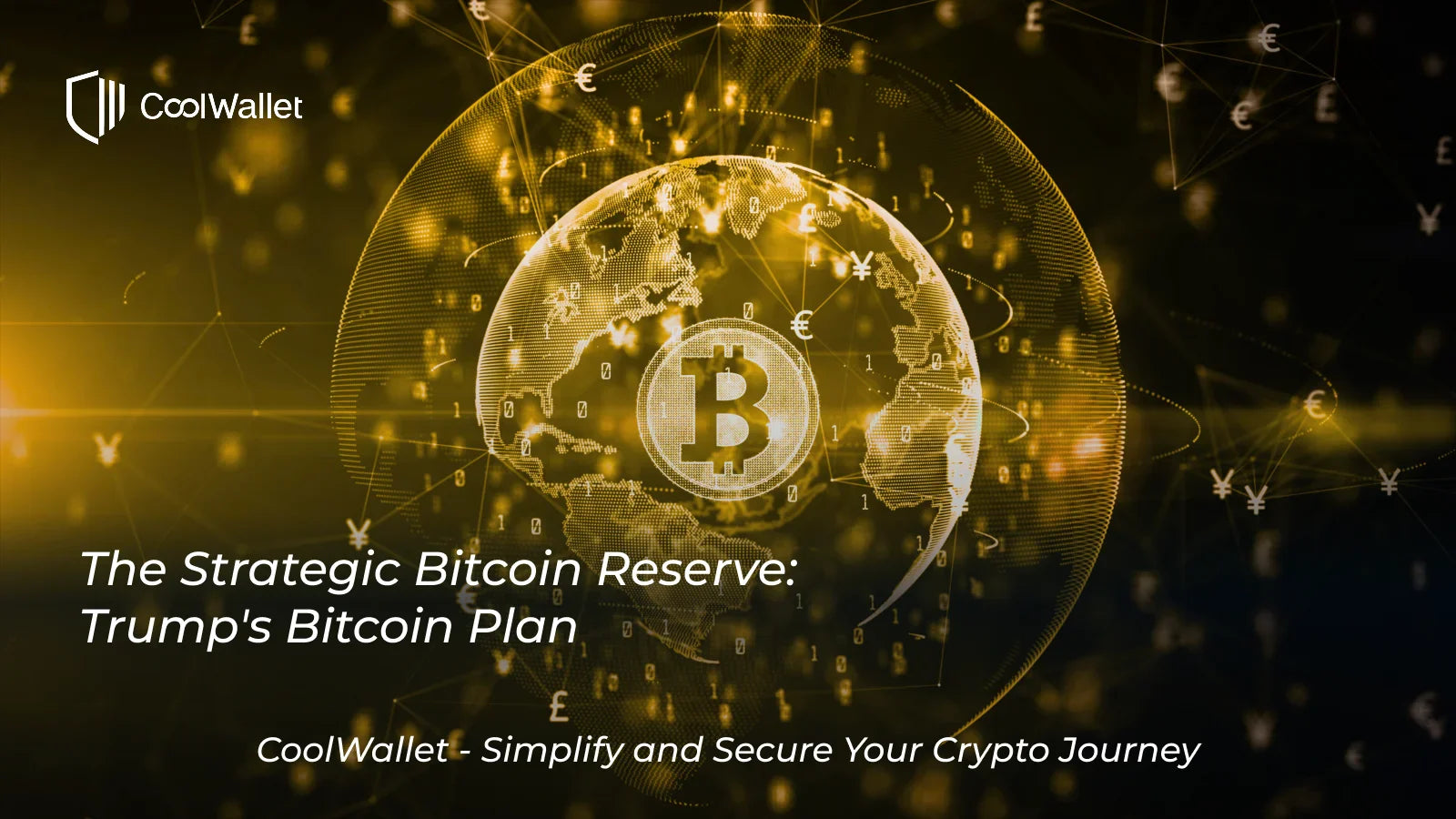
Contents
- 1. It's stuck in the Mempool queue
- 2. Your transaction fee was set too low
- 3. The network is congested
- Other Reasons why Transactions Get Delayed
- Conclusion
For Bitcoin users, a delayed cryptocurrency transmittal can be very stressful to both the sender and recipient. This is especially true when Bitcoin's price is very volatile, especially with the massive gains we've seen in 2021 so far. In this article, we investigate and explain the main possible causes of why your Bitcoin's not arrived yet and what you can do (with a bit of humor to help put you at ease).
Few things induce a panic attack faster for cryptocurrency owners than when transferred funds like Bitcoin and Ethereum drag their feet enroute to their new destination.
One of the most frequent queries our customer support team receives is the panicked "Dude, where did my crypto go?" variant, even from seasoned users. We totally understand your stress. Usually, there's a simple explanation for a slow crypto transaction completion.
Nine out of ten times, according to our customer support czar Simon, your transaction is delayed due to one of these 3 reasons:
1. It's stuck in the Mempool queue

Bitcoin transactions can be notoriously slow and expensive at times, hence the big emphasis on making the Lightning Network work.
When transactions are executed, the funds are first sent to the Mempool ( the network queue for all the transactions) where they wait to be processed by the miners. Before they're processed, transactions will not be recorded on the blockchain as they can still be rejected by the Mempool if the fees are set too low. When the transactions are confirmed, they will be recorded on the blockchain and later posted to our history page.
Keep in mind that different cryptocurrencies have vastly different transaction processing speeds. For example, Bitcoin can handle 7 transactions per second (TPS) and take 60 minutes or longer to confirm, while Ripple (XRP) and Stellar (XRP) have a >1000 TPS and confirmation speed of under 5 seconds.
2. Your transaction fee was set too low
A rookie mistake that most of us have made, is to set your transaction fee at the bare minimum. This can have varying results, as can be seen in this entertaining debate above between "Bitcoin Jesus" Roger Ver and Tony Vays. It's a fact though that the higher you set your transaction fee limit, the faster your transmitted funds will touch down at destination Received.
If your transaction is dragging on forever and you feel you might have made a mistake taking the under on your fees, you might want to consider canceling the transaction and bumping up the juice a bit.

3. The network is congested
When a blockchain network experiences peak traffic, it causes delays, a backlog of transactions and also pushes up transaction fees as demand outweighs supply and miners can pick and choose what they process. Even if you put in a healthy transaction fee, you might be in for a wait.

Other Reasons why Transactions Get Delayed
4. Not enough miners
While blue-chip digital assets like Bitcoin always attract swarms of miners, some less liquid or popular cryptocurrencies might have patches where it's not profitable for miners to process transactions, and demand again outweigh supply and causes slow transaction processing.
5. Spam or dusting attacks
Popular cryptocurrency blockchains like Bitcoin and Litecoin have been subjected to spam and dusting attacks. In a spam attack, a bad actor will continuously send loads of minute transactions with low fees from one address to another in order to slow down the network. These are known as spam TX’s and are sometimes utilized by competing projects in order to drive users away.
Dusting attacks, on the other hand, involve hackers sending a miniscule amount of a cryptocurrency, often worth less than a fraction of a cent, to tens of thousands of public addresses, in the hopes to glean information about the owners to be used later in phishing attacks. You can learn more about Bitcoin and Litecoin dusting attacks in our need-to-know Dusting security guide.
6. Mempool Bloat or Slow Internet Speed
Due to the high electricity costs involved with mining, crypto miners are often located in remote and desolate rural areas where internet connections can be slow or at the mercy of nature. This could also apply to you, the sender. Make sure you have a decent Internet speed when sending funds on their way.
7. Block validation and size
Occasionally the block size of a cryptocurrency can be increased to include more transactions. However, this can also make it slower and is a big reason why the Bitcoin community resisted calls from the Bitcoin Cash crowd to increase BTC's block size from 1MB to 8MB. Size matters, don't let them fool you.
8. Block propagation

Mining Bitcoin is essentially a race where there sometimes are two winners by apparently arriving at the same time. It's a temporary inconvenience that causes delays while other miners validate their claims, pick the earliest one and reject the slower one, taking time and using resources.
Conclusion

Good things take time. So, if your transaction is stalling, be patient and just wait it out. If it's been hours to a day, feel free to reach out to our Customer Support team to take a look. We'll try our best to bring your troops home in one block.
Written by Werner Vermaak
Disclaimer: CoolBitX is not responsible for or liable for any content, accuracy, quality or other materials on this page. Readers should do their own research before taking any action.






Share:
Stablecoins Part IV(Final): 2020's Big Business Coins
Warning: Fake CoolWallet Telegram Customer Support Groups